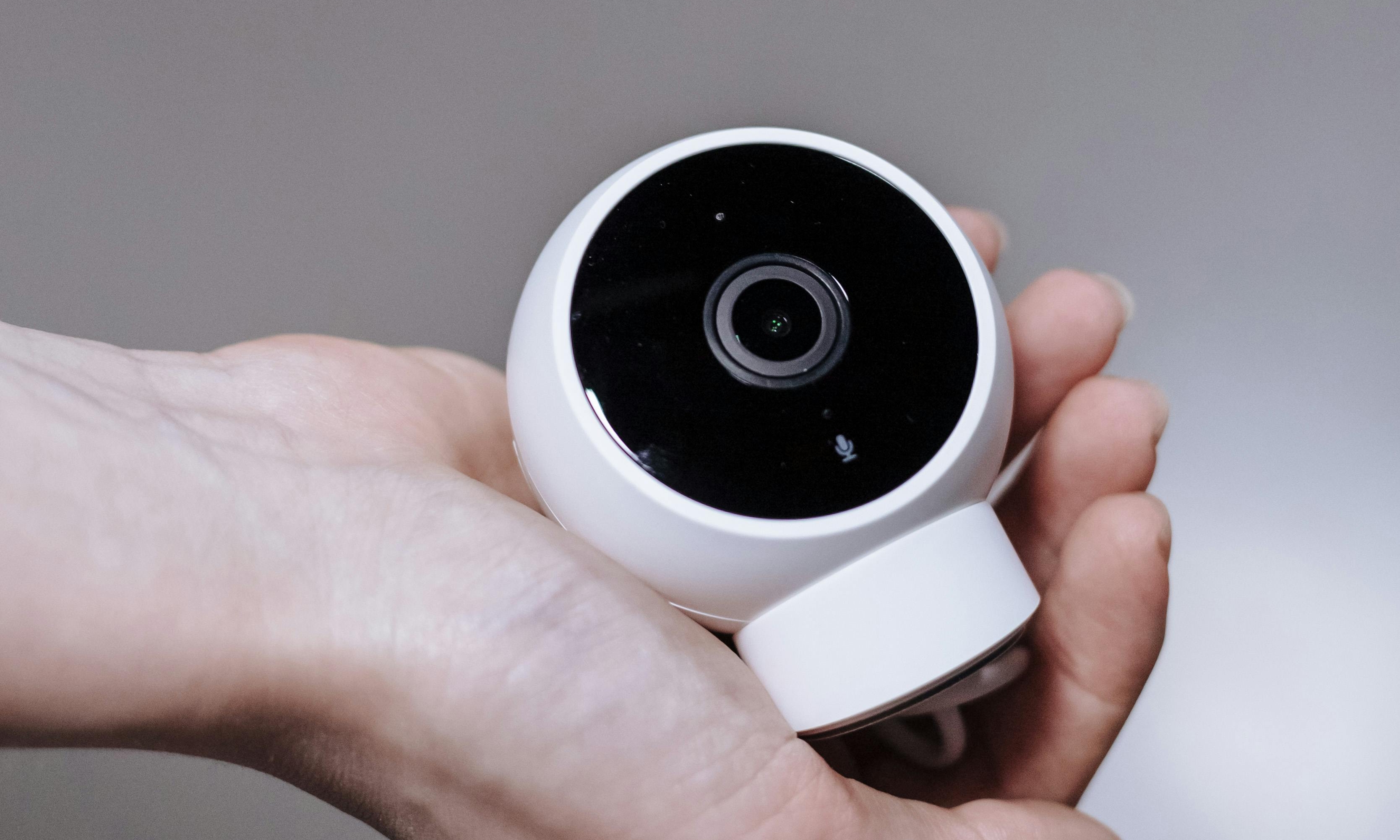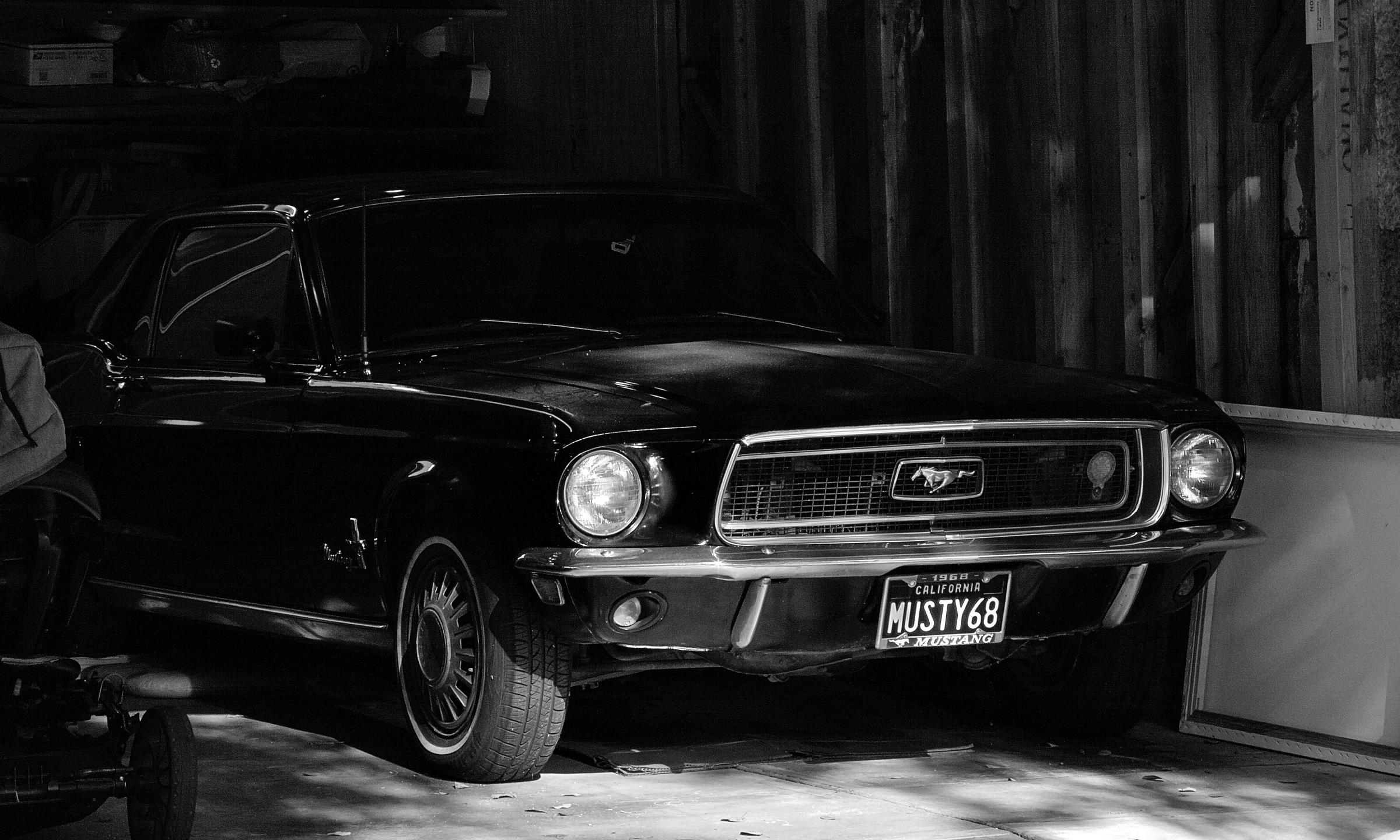Have you ever opened a bag of chips, expecting only crispy, flavorful bites, but instead, you found a mysterious blue disc hidden among them? If so, you’re not alone. Many people have stumbled upon this puzzling object, often embossed with text such as “Ferrous 25mm BST, Cert No. 213026B.” But what does it mean? And more importantly, how did it end up in your snack?
What Is the Blue Disc Found in a Packet of Chips?

At first glance, you might think it’s a promotional token, a production defect, or even an unexpected prize. However, this small blue disc is actually a metal detector test chip used in food processing plants.
This test chip is designed to ensure that food safety equipment—specifically, metal detectors—are working correctly. These chips are strategically placed on the production line to verify whether the detectors can identify and remove potential foreign objects. The blue color helps it stand out from the food, making it easier to spot if something goes wrong.
Why Are Metal Detector Test Chips Used in Food Manufacturing?
Food safety is a top priority for manufacturers. The presence of any foreign object, whether metal, plastic, or glass, poses a significant risk to consumers. To prevent contamination, most factories use metal detectors to scan food items before they are packaged and shipped.
Here’s how the process works:
- Test chips—like the one you found—are deliberately inserted into the production line at set intervals.
- Metal detectors scan the products, ensuring they catch the test chips.
- If the machine detects the chip, it triggers an alert and removes the contaminated item.
- If the chip is NOT detected, it signals a potential failure in the system, and production is halted until the issue is resolved.
Why Did the Test Chip End Up in My Chips?
Now, here’s where things get concerning. The very reason test chips exist is to prevent foreign objects from getting through. So if you found one in your bag of chips, it means something seriously went wrong in the quality control process.
There are a few possible explanations:
- The chip was misplaced and never retrieved – This suggests a human error where someone forgot to remove the test chip after conducting quality control.
- The metal detector failed – This is the most alarming possibility. If the detector failed to catch the test chip, it may have also missed other harmful objects, such as metal fragments or contaminants.
- Production oversight – Sometimes, manufacturing processes get rushed, and crucial safety checks are overlooked.
Regardless of the reason, this is a major red flag that warrants immediate action.
What Should You Do If You Find a Metal Detector Test Chip in Your Food?
If you ever find a test chip inside a food product, take the following steps:
- Do NOT consume any more of the product – There could be other contaminants present that went undetected.
- Keep the packaging and the chip – This will be crucial when reporting the issue.
- Contact the manufacturer immediately – Most brands have customer service lines or emails where you can report quality concerns.
- Request an explanation and possible recall information – If a test chip made it into your food, there’s a chance others might have had the same experience.
- Consider reporting the issue to a food safety authority – Agencies like the FDA (in the U.S.) or the FSA (in the UK) monitor food safety standards and may investigate further.
Will the Manufacturer Face Consequences?
Yes! Food safety protocols require companies to document every test chip used in their quality control process. When a test chip goes missing, production should stop immediately until it is found.
If you report the incident, the company will likely conduct an internal investigation to determine how this breach occurred. In some cases, it may even lead to:

- Product recalls – If multiple reports emerge, the company may be forced to recall entire batches of the affected product.
- Fines and penalties – Regulatory agencies may impose fines if they determine that safety protocols were neglected.
- Operational reviews – Manufacturers might overhaul their processes to prevent similar failures in the future.
Could There Be Other Foreign Objects in My Chips?
The unfortunate reality is that if a test chip made it through, other foreign objects could have as well. While food safety measures exist to minimize risks, errors do happen. There have been cases of consumers finding:
- Plastic or rubber fragments from conveyor belts
- Metal shavings from broken machinery
- Glass pieces from shattered equipment
- Insects or other biological contaminants
This is why quality control is so critical. The presence of a metal detector test chip in your chips raises serious questions about the reliability of the manufacturer’s safety measures.
Final Thoughts: Should You Be Concerned?
Absolutely. While finding a blue test chip in your chips might seem like a bizarre fluke, it’s actually a major food safety failure. These chips are meant to stay on the production line, not end up in your snack bag.
If this happens to you, take action. Report it, demand accountability, and spread awareness. Food safety should never be compromised, and manufacturers must be held to the highest standards to ensure that what we eat is truly safe.
My Husband Spent Every Weekend in His Garage — I Was Shocked to Find Out Why

My weekends with Andrew had always been our special time until he began vanishing into the garage every Saturday. When I finally uncovered his secret, my world shattered, and the truth behind his mysterious project was a revelation that changed everything.
Andrew and I had always cherished our weekends together. Saturday morning walks, lazy brunches, and movie nights were our rituals. But all that changed over the past year.

Emily finds herself alone every weekend | Source: Pexels
Every weekend, Andrew disappeared into the garage. At first, I thought it was a phase, a hobby he would grow out of, but it became more frequent. He’d lock himself away from dawn to dusk, and I was left alone.
“Andrew, what are you doing in there all the time?” I asked one Saturday morning as he poured his coffee.
“Just working on something,” he replied without looking up.
“What are you working on? Can I help?” I tried to sound casual, but he stiffened.
“No, it’s fine. It’s my project.”

Emily asks about his project, but Andrew brushes her off | Source: Pexels
This secrecy was unlike him. We shared everything, or so I thought. As weeks turned into months, my curiosity turned to frustration. I missed our time together. I missed him. Our once cozy weekends were now filled with silence and distance.
One night, as we were getting ready for bed, I couldn’t hold back anymore. “Andrew, why won’t you tell me what you’re working on?”
He sighed, turning away. “It’s nothing, Emily. Just let it be.”

Andrew’s evasiveness fuels Emily’s suspicions and anxiety | Source: Midjourney
I felt a knot tighten in my stomach. Something was wrong. Andrew’s evasiveness was driving me crazy. He’d leave the house in the morning, come back for meals, and then vanish again. His phone was always on silent, and he seemed distracted even when he was with me.
I started to notice little things. He’d come back with smudges of dirt on his clothes, but the garage itself was spotless when I peeked in. Tools were always in perfect order, not a speck of dust on his workbench. It didn’t add up.

Emily takes the garage key while Andrew sleeps | Source: Midjourney
One Saturday night, while he slept, I crept to his side of the bed. My heart pounded as I reached into the pocket of his jeans, which lay on the floor, and took out the garage key. I felt a pang of guilt but quickly brushed it aside. I needed to know what he was hiding.
The next morning, after he left for the garage, I went into action. I installed a discreet camera in a corner of the garage, hidden behind a stack of boxes. I synced it to my phone and waited. All day, I watched the screen, but nothing unusual happened. Just Andrew, working intently on what looked like a car’s alternator on his workbench.

A hidden camera reveals a mysterious woman entering the garage | Source: Pexels
But, that evening, I checked the feed again. My breath caught in my throat as I saw a tall woman with dark hair enter the garage via the front roller door. She and Andrew talked, laughed, and looked very happy together.
They seemed so comfortable around each other. My heart shattered. He was having an affair, I was sure of it. The realization hit me like a punch to the gut.
I watched them closely, noting every detail. She was beautiful, confident, everything I felt I wasn’t anymore. I couldn’t hear their conversation, but their body language spoke volumes.

Emily sees a beautiful woman with Andrew in the garage | Source: Midjourney
They were close, too close. My mind whirled with questions. Who was she? How long had this been going on? Why didn’t he just tell me?
When Andrew came back inside, I confronted him. “Who is she, Andrew?”
He looked confused. “What are you talking about?”
“The woman in the garage. I saw her.”
His face went pale. “Emily, it’s not what you think.”
“Then tell me what it is! Why are you hiding this from me?”

When Emily confronts him, Andrew’s confusion frustrates her even more | Source: Midjourney
He was silent, looking down at his feet. “I can’t,” he finally said, voice barely above a whisper.
“Why not? After all these years, you owe me an explanation.”
“Emily, please, just trust me.”
“Trust you? You’re asking me to trust you when I know you’re keeping secrets and sneaking around with another woman?”
“She’s not… it’s complicated.”
I couldn’t take it anymore. “I’m done, Andrew. Either you tell me the truth, or I walk out on you.”

Andrew’s refusal to explain leaves Emily determined to uncover the truth | Source: Midjourney
He didn’t say a word, just stood there, looking as lost as I felt. I turned away, feeling a tear slip down my cheek. I couldn’t believe this was happening to us. Our love, our life, crumbling because of secrets and lies.
As I lay in bed that night — I consigned Andrew to the sofa — I knew things would never be the same. I didn’t know what to do next, but I knew I couldn’t keep living in the dark. The truth had to come out, one way or another.
The next morning, I couldn’t hold back. As Andrew was heading to the garage, I blocked his path. “We need to talk,” I demanded.

Emily demands answers before Andrew escapes into the garage again | Source: Midjourney
He looked at me, eyebrows raised. “Emily, not now. I have to — “
“No,” I interrupted, “now. I saw her, Andrew. The woman in the garage. Who is she?”
Andrew stared at me for a moment, then to my surprise, he burst out laughing. Startled, I took a step back. “Why are you laughing? This isn’t funny!”
“Emily, you’ve got it all wrong,” he said, still chuckling. “Follow me.”

To Emily’s shock, Andrew laughs when she confronts him | Source: Midjourney
Reluctantly, I followed him to the garage. My heart pounded as he opened the door and led me inside. There she was, the tall woman with dark hair, bent over the engine of an old, classic Ford Mustang. She looked up and smiled warmly.
“Emily, meet Sarah, a very fine mechanic and an old friend from high school,” Andrew declared theatrically.
My confusion deepened. “What’s going on, Andrew?”

Andrew introduces Sarah, a mechanic and old friend | Source: Midjourney
Andrew sighed, his face softening. “Emily, Sarah, and I have been working on this car here for a charity raffle. It’s to raise funds for veterans, in honor of your dad. We wanted to surprise you and your dad with it as the centerpiece for the event.”
I felt my knees go weak. “A charity raffle?”
“Yes,” Sarah chimed in, wiping her hands on a rag. “Andrew told me how much your dad’s service meant to you. We thought this would be a great way to honor him and help other veterans.”

Andrew explains they are restoring an old Mustang for a veterans’ charity event | Source: Pexels
Tears welled up in my eyes. All my anger and suspicion melted away, replaced by overwhelming relief and pride. “I’m so sorry for doubting you, Andrew. I didn’t know — “
Andrew stepped closer, wrapping his arms around me. “It’s okay, babe. I should have told you, but I wanted it to be a surprise. I never meant to make you feel this way.”
I clung to him, tears streaming down my face. “Thank you. This means so much to me. To us.”

Relief and pride replace Emily’s earlier anger | Source: Pexels
From that day on, I joined Andrew and Sarah in the garage. The project became our shared endeavor. We spent weekends working on the car, the garage filled with the sound of laughter and the smell of grease.
Andrew showed me how to handle the tools, Sarah taught me about engines, and we bonded over stories about my dad and our family.
“Remember how my dad used to take us to those vintage car shows?” I said one Saturday, wiping sweat from my brow. “He always loved these classic Mustangs.”

Emily and Sarah spend weekends bonding | Source: Pexels
Andrew smiled, tightening a bolt. “Yeah, he’d be proud of this one. And of you.”
Our relationship transformed through this process. The weekends became more fulfilling than ever. We rediscovered our bond, our shared purpose giving new depth to our connection. Working together, side by side, we found a new rhythm.
The night before the raffle, we stood in the garage, looking at the finished car. It gleamed under the lights, a symbol of our hard work and renewed connection. “It’s beautiful,” I whispered.
Andrew squeezed my hand. “Just like us. We did this together, Emily. For your dad, for the veterans. For us.”

The restored Mustang symbolizing hard work and renewed connection | Source: Pexels
The raffle was a huge success. My dad’s eyes shone with pride when he saw the car, and the funds we raised made a significant impact for the veterans’ charity. I felt a deep sense of fulfillment, knowing we had done something meaningful together.
Reflecting on the journey from suspicion to understanding, I realized how much we had grown. Sometimes, the things that seem suspicious or worrisome at first can turn out to be the most beautiful surprises.
Andrew’s secret project was not just a hobby but a symbol of his love for our family and a cause dear to our hearts.
The restored Mustang became a symbol of our renewed connection and the beautiful surprises that life can hold. Andrew and I had faced a storm and emerged stronger, our bond unbreakable. And in that garage, we found not just an old car but a new beginning.

The charity raffle is a huge success | Source: Pexels
To anyone out there who feels like their relationship is in trouble, sometimes, all it takes is a little trust and a lot of love to see the truth behind the secrets. And sometimes, those secrets can turn into the most beautiful surprises of all.
If you enjoyed this story, here’s another one for you about a young daughter who accidentally exposed a secret a husband was keeping from his wife.
This work is inspired by real events and people, but it has been fictionalized for creative purposes. Names, characters, and details have been changed to protect privacy and enhance the narrative. Any resemblance to actual persons, living or dead, or actual events is purely coincidental and not intended by the author.
The author and publisher make no claims to the accuracy of events or the portrayal of characters and are not liable for any misinterpretation. This story is provided “as is,” and any opinions expressed are those of the characters and do not reflect the views of the author or publisher.



Leave a Reply